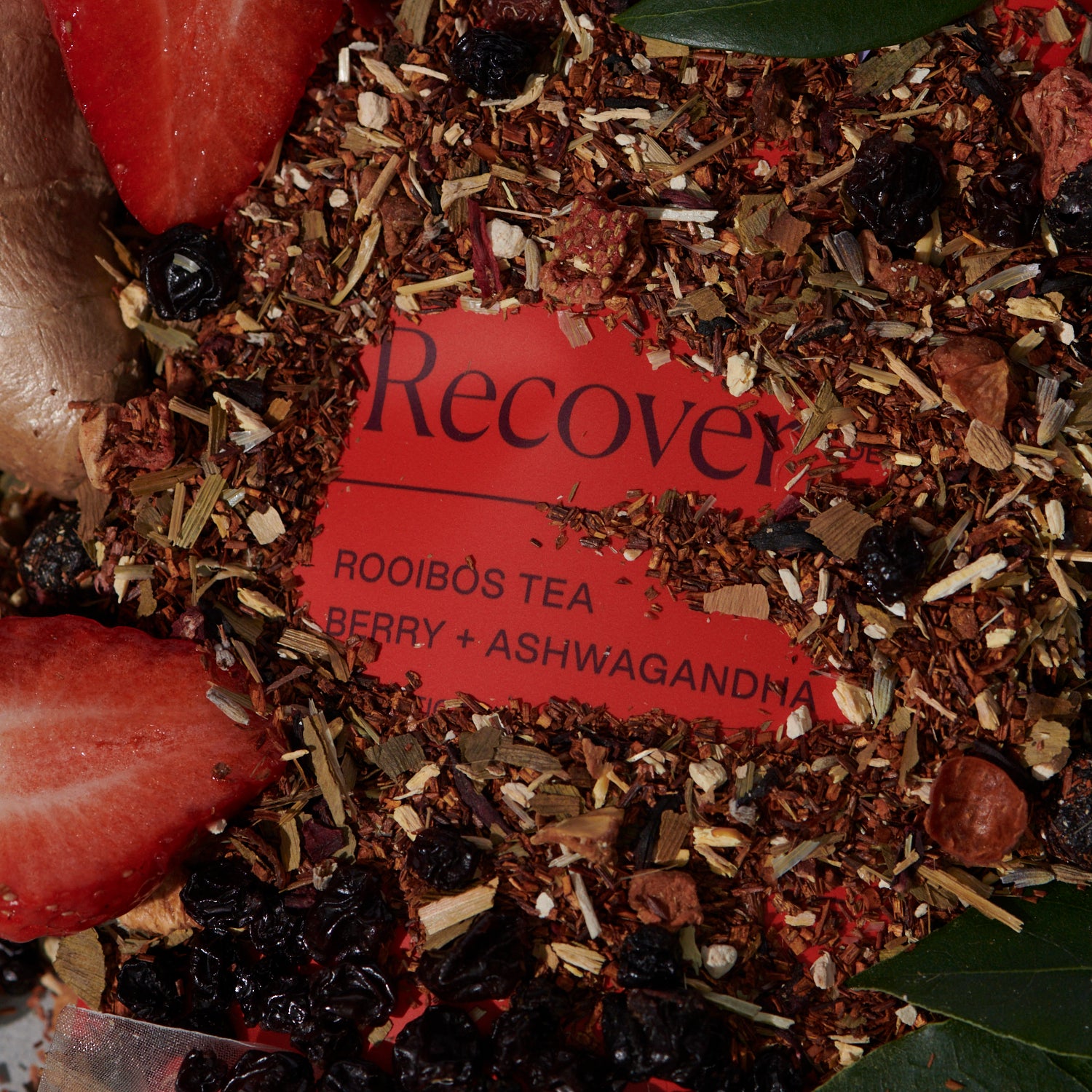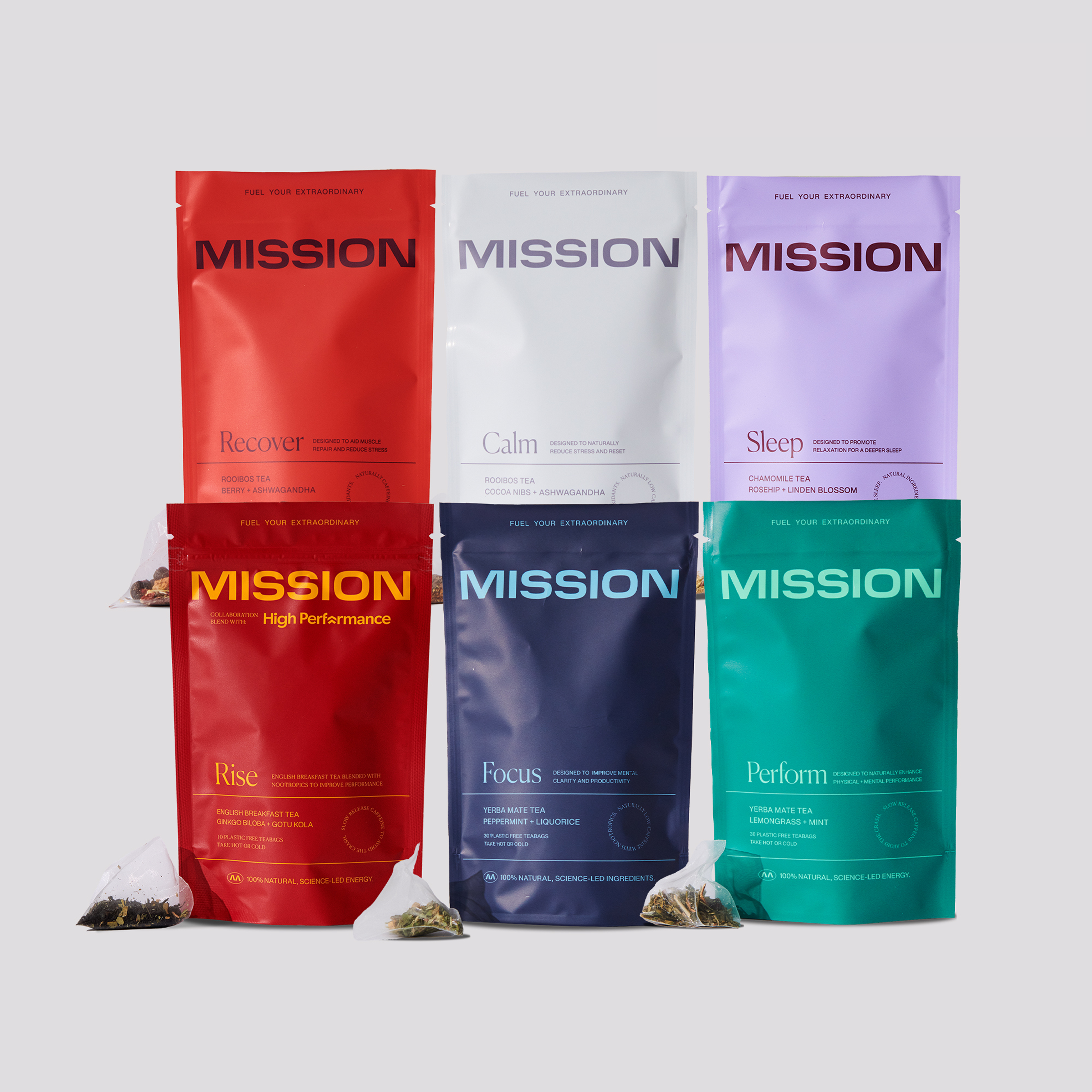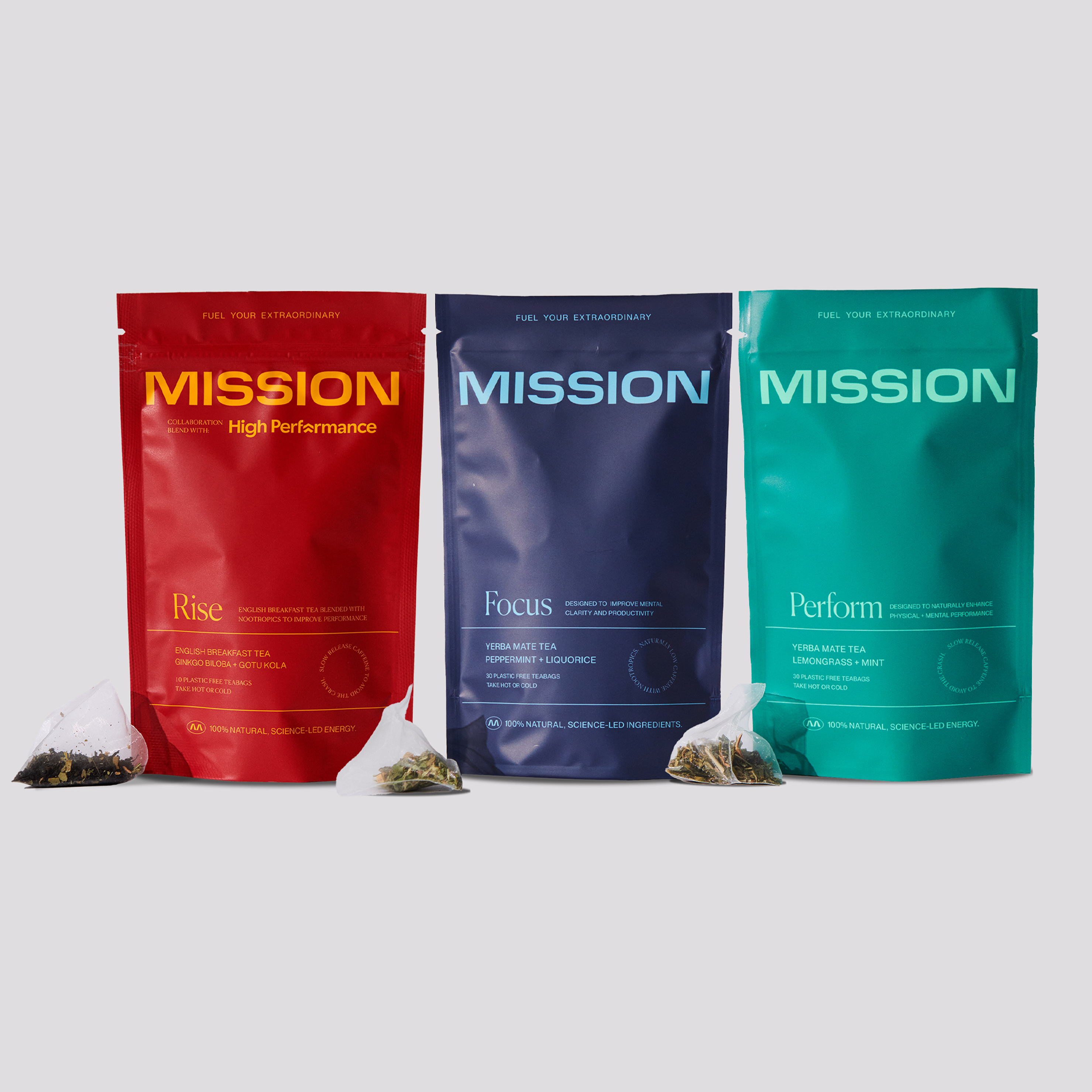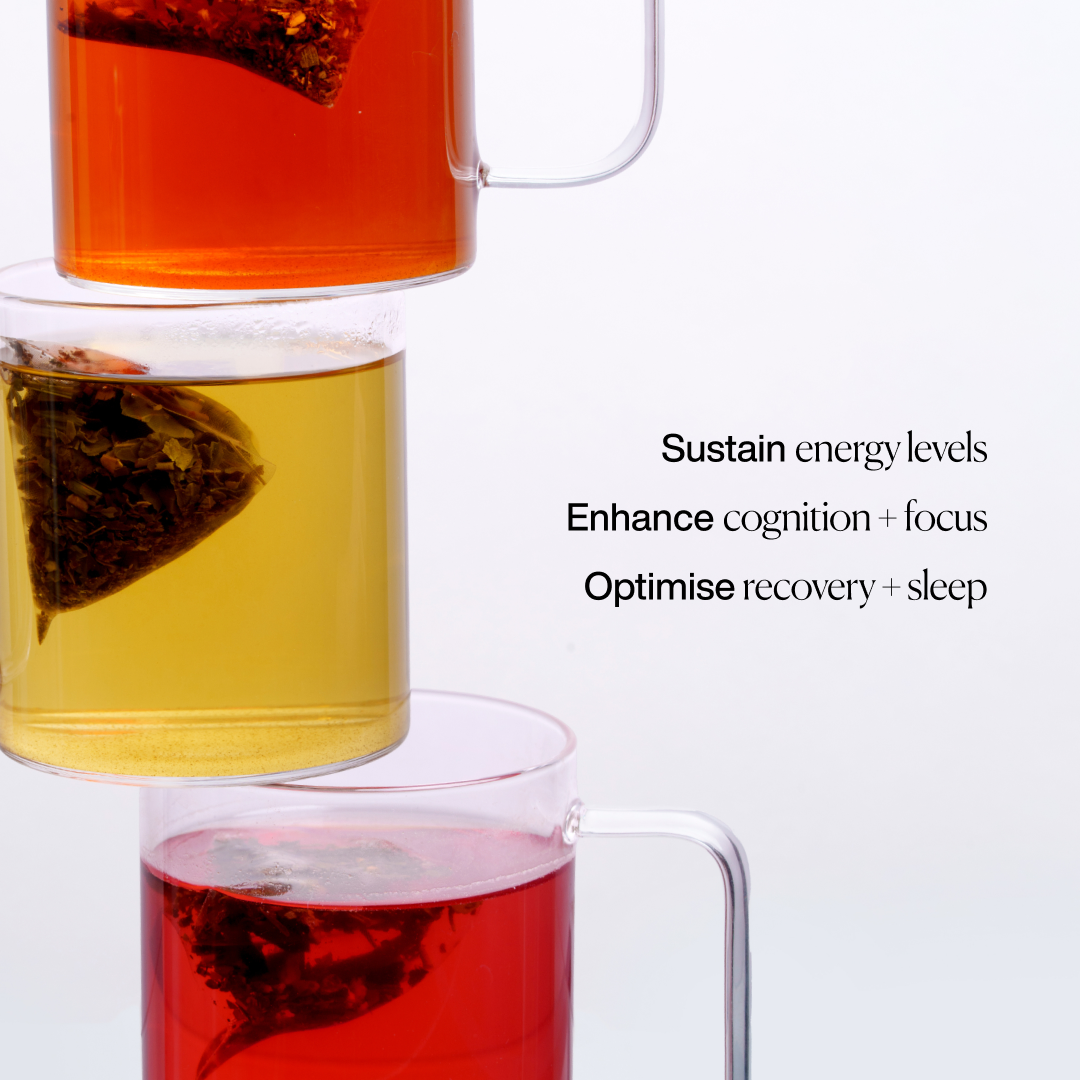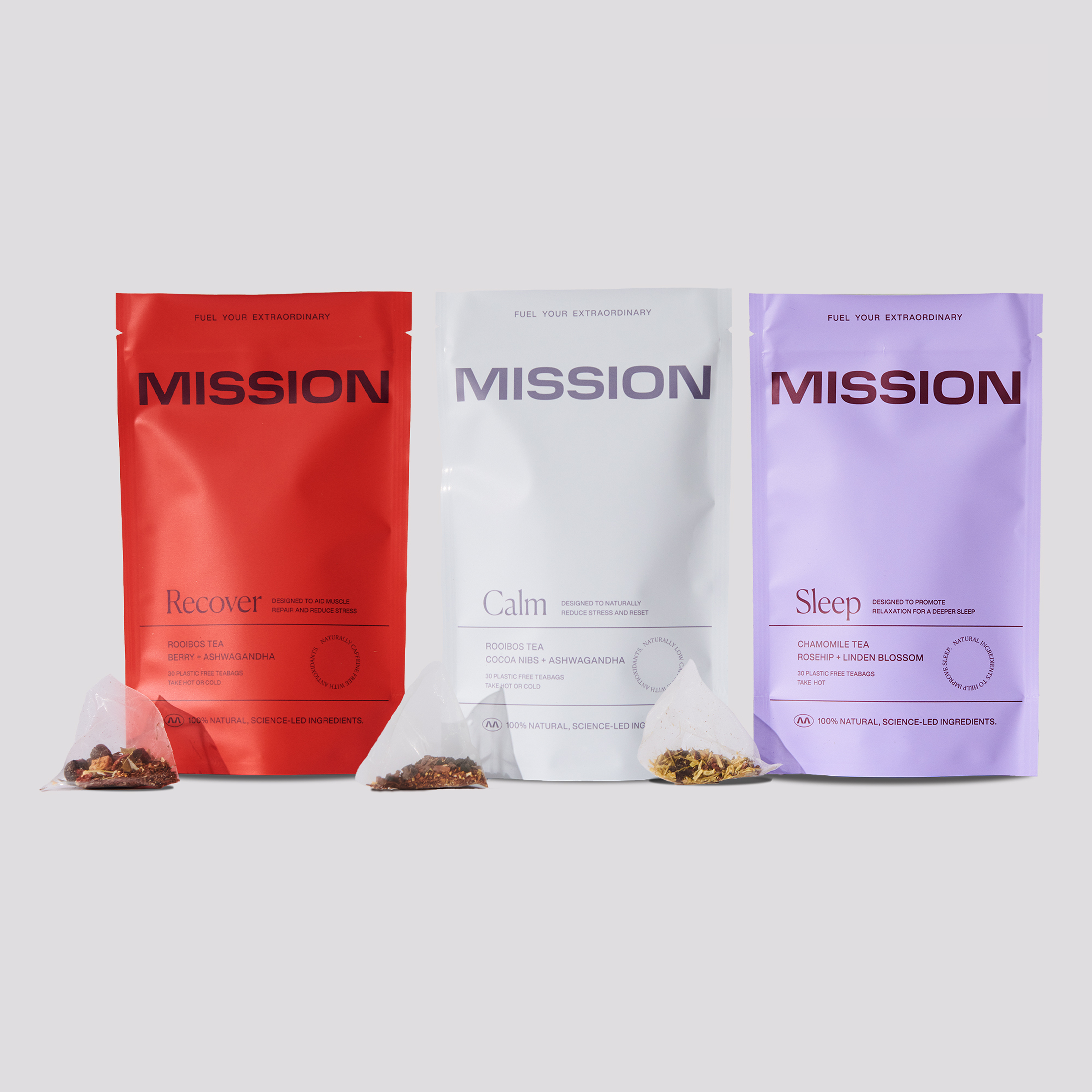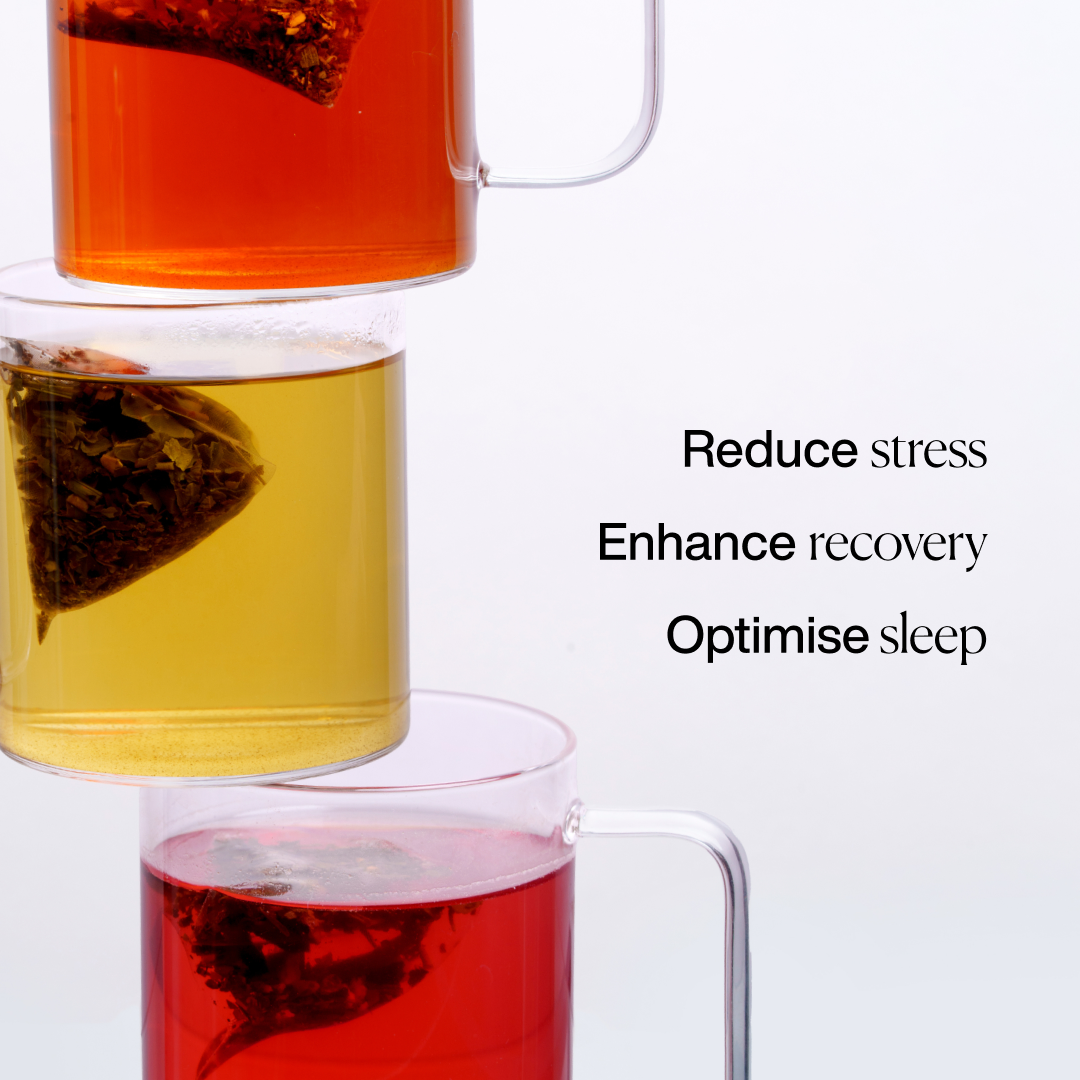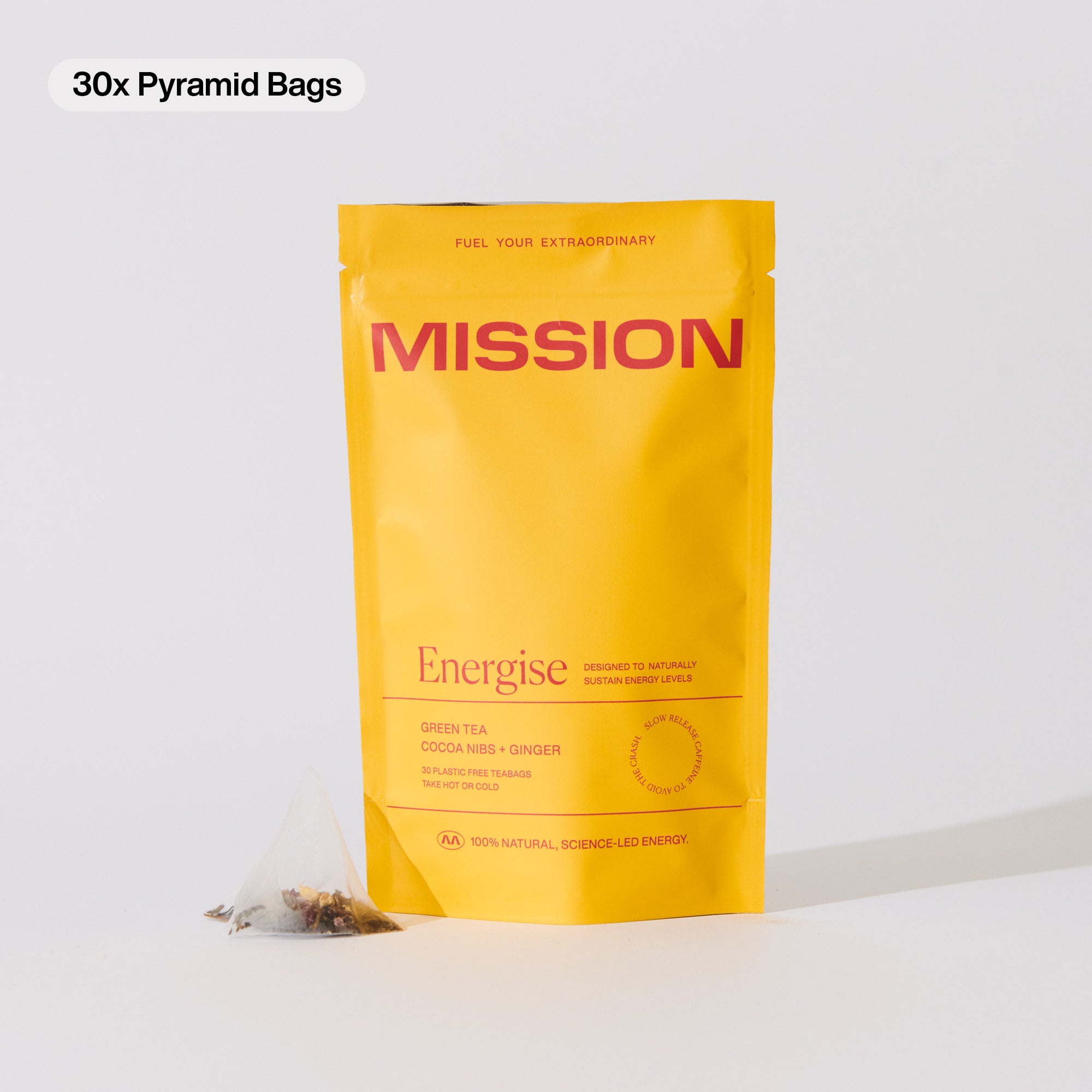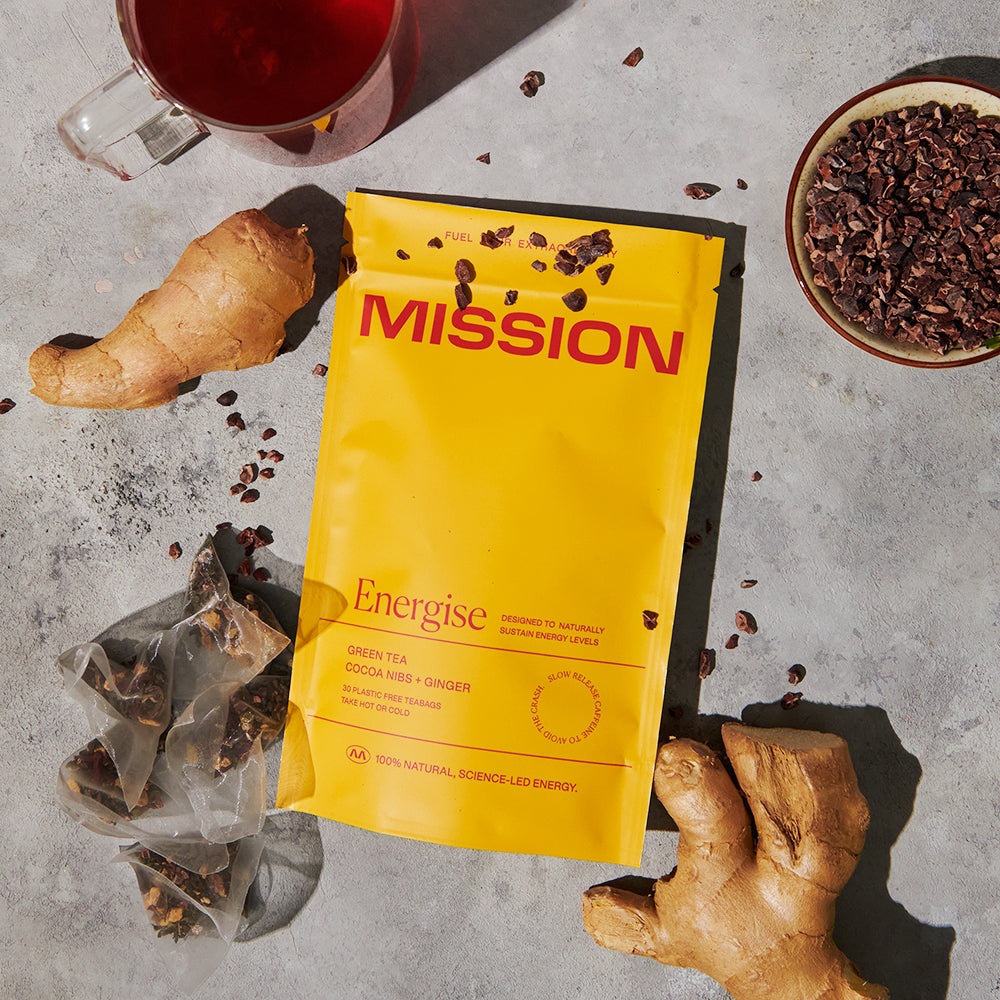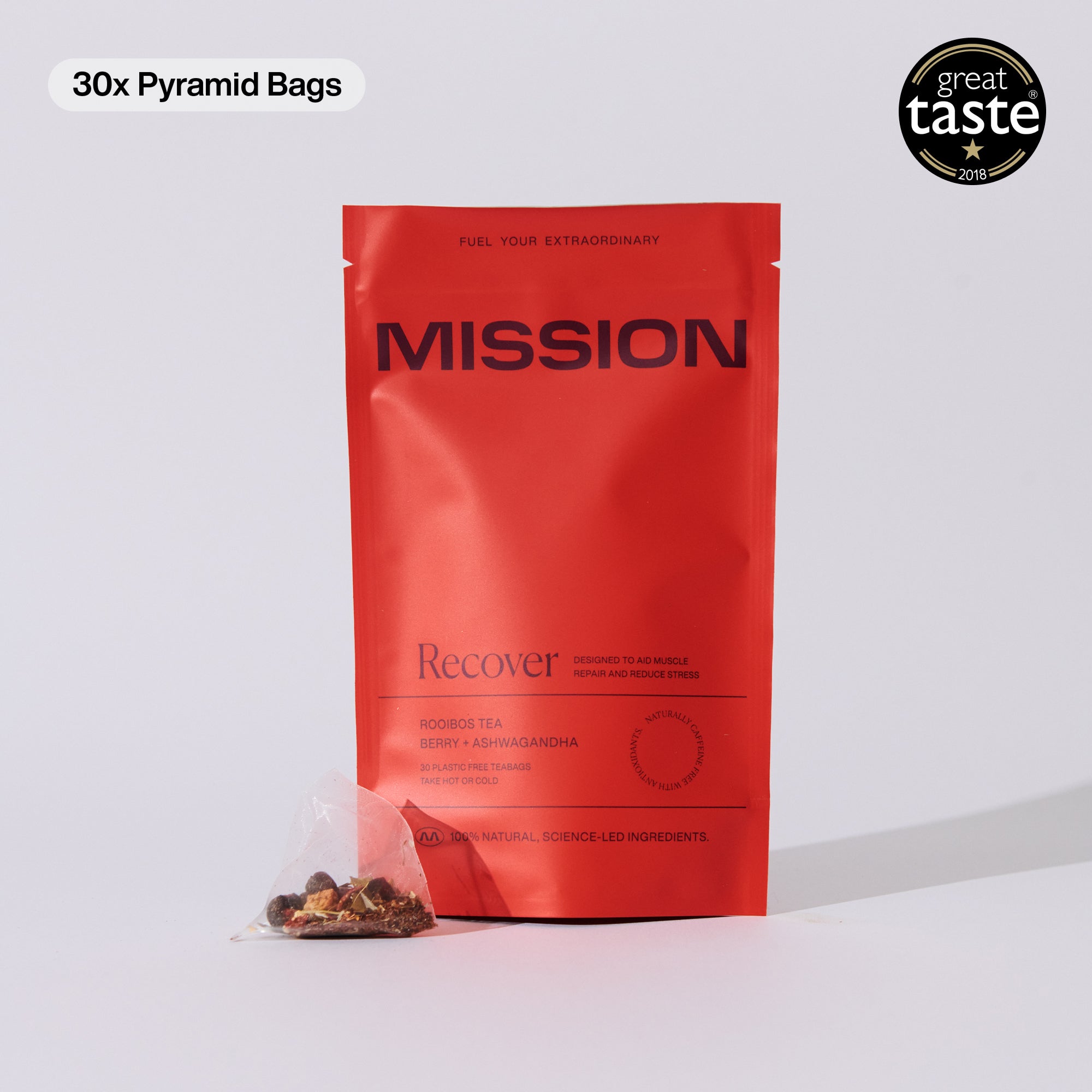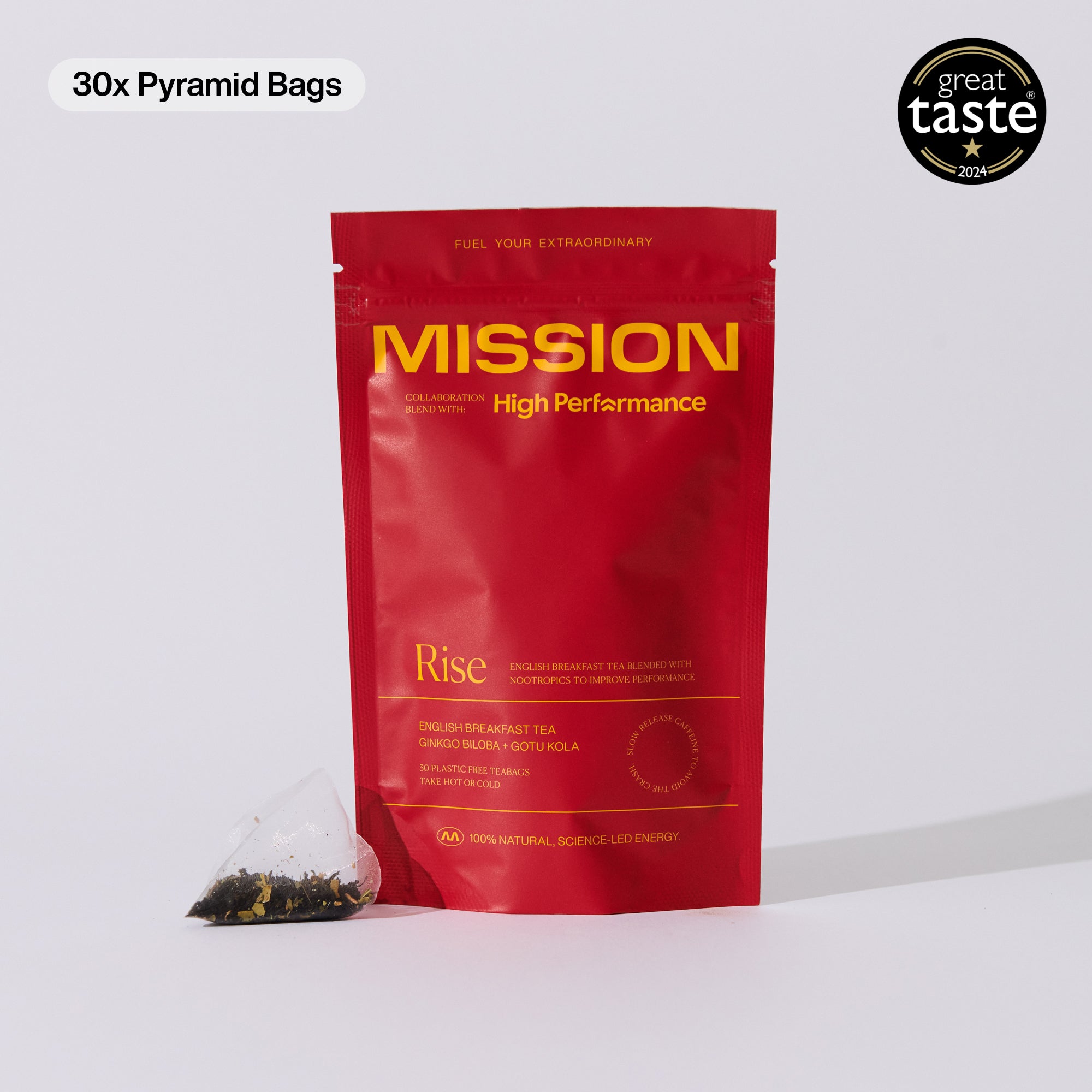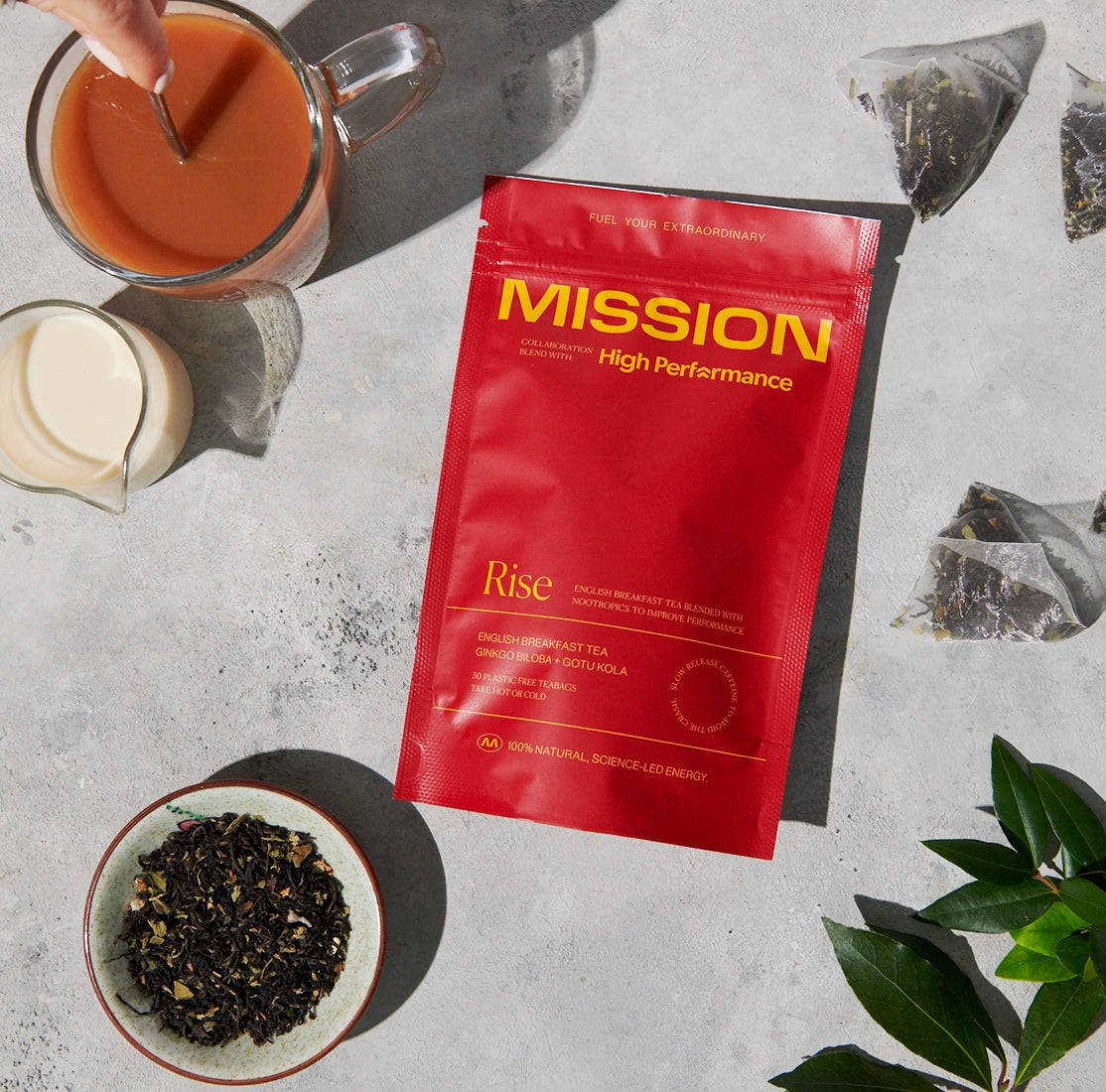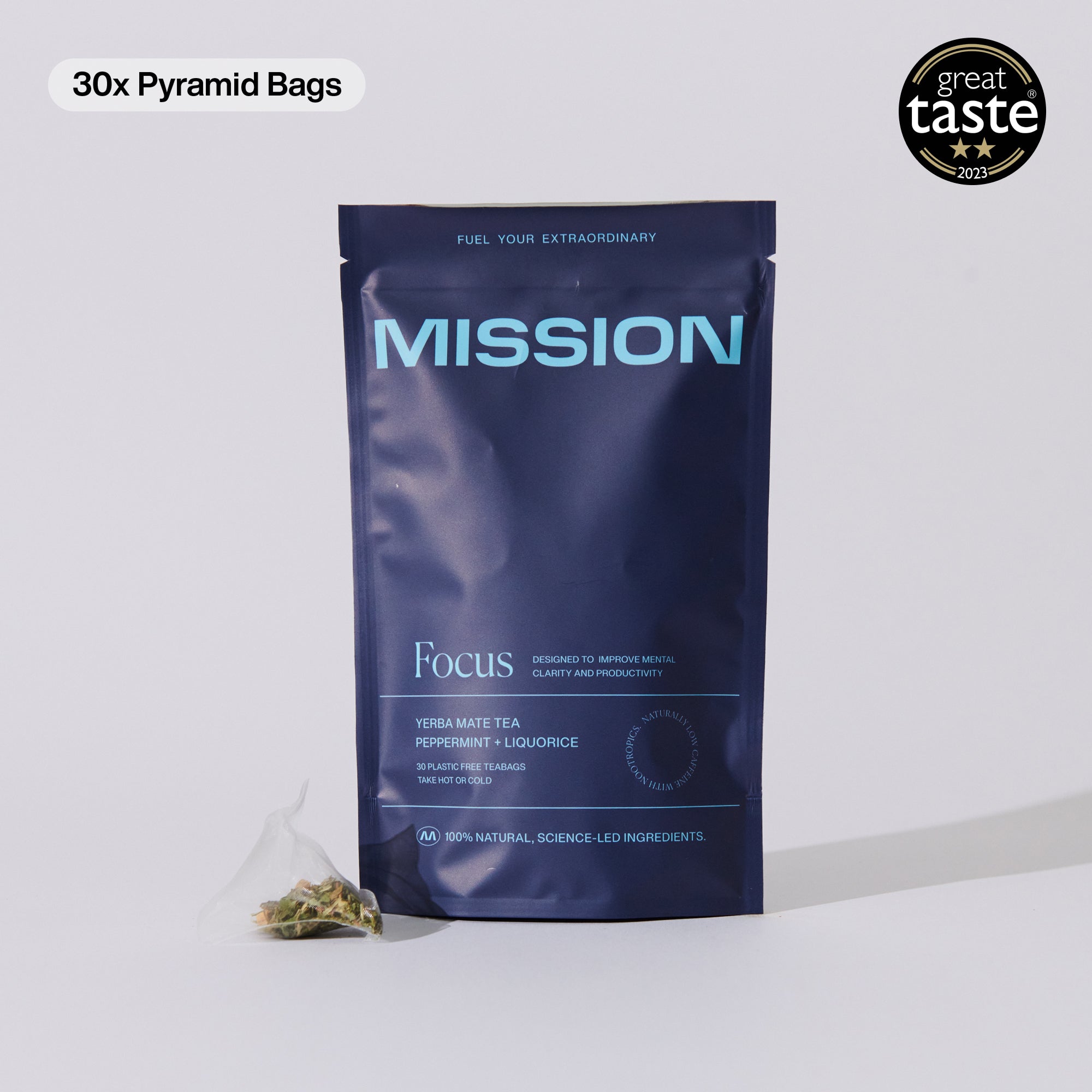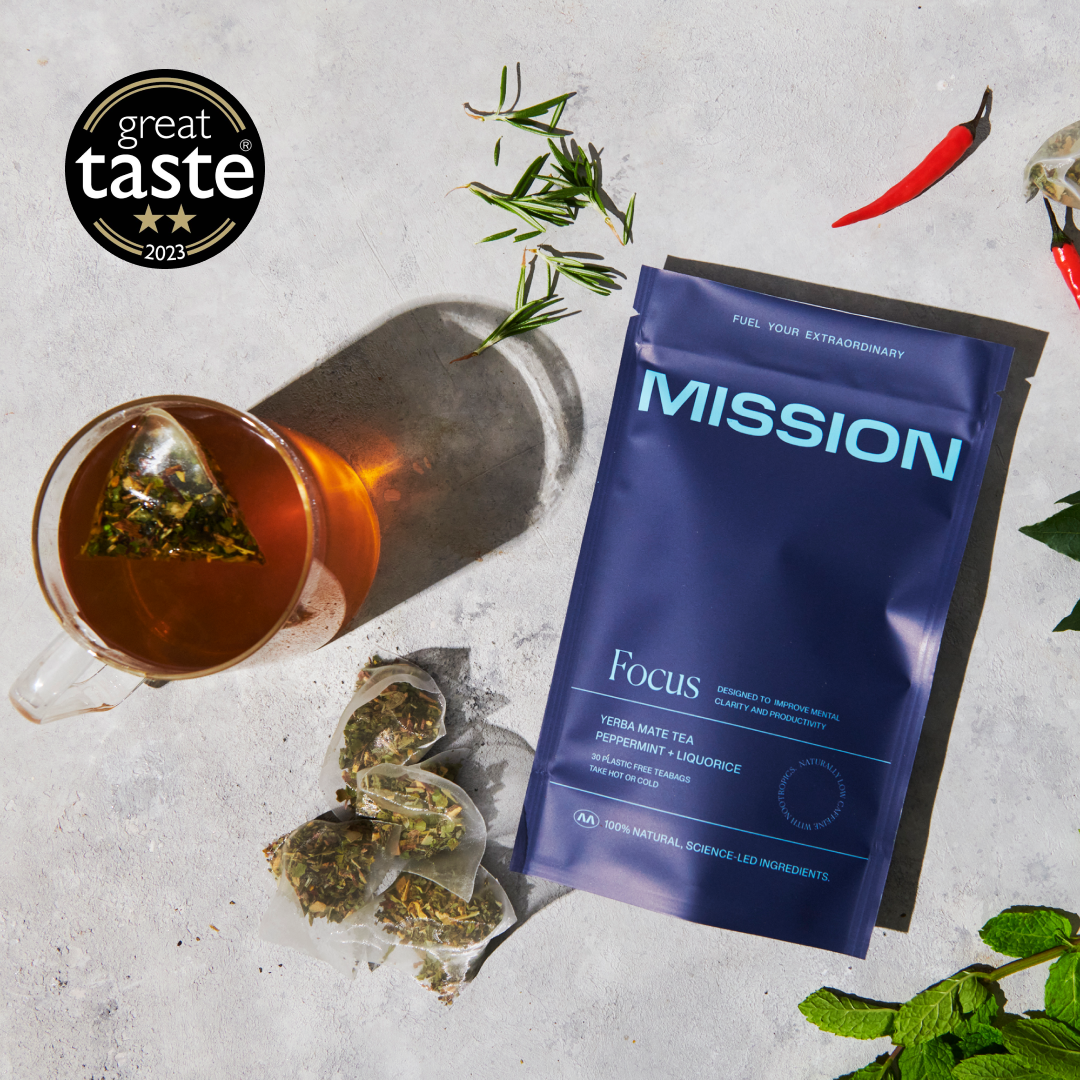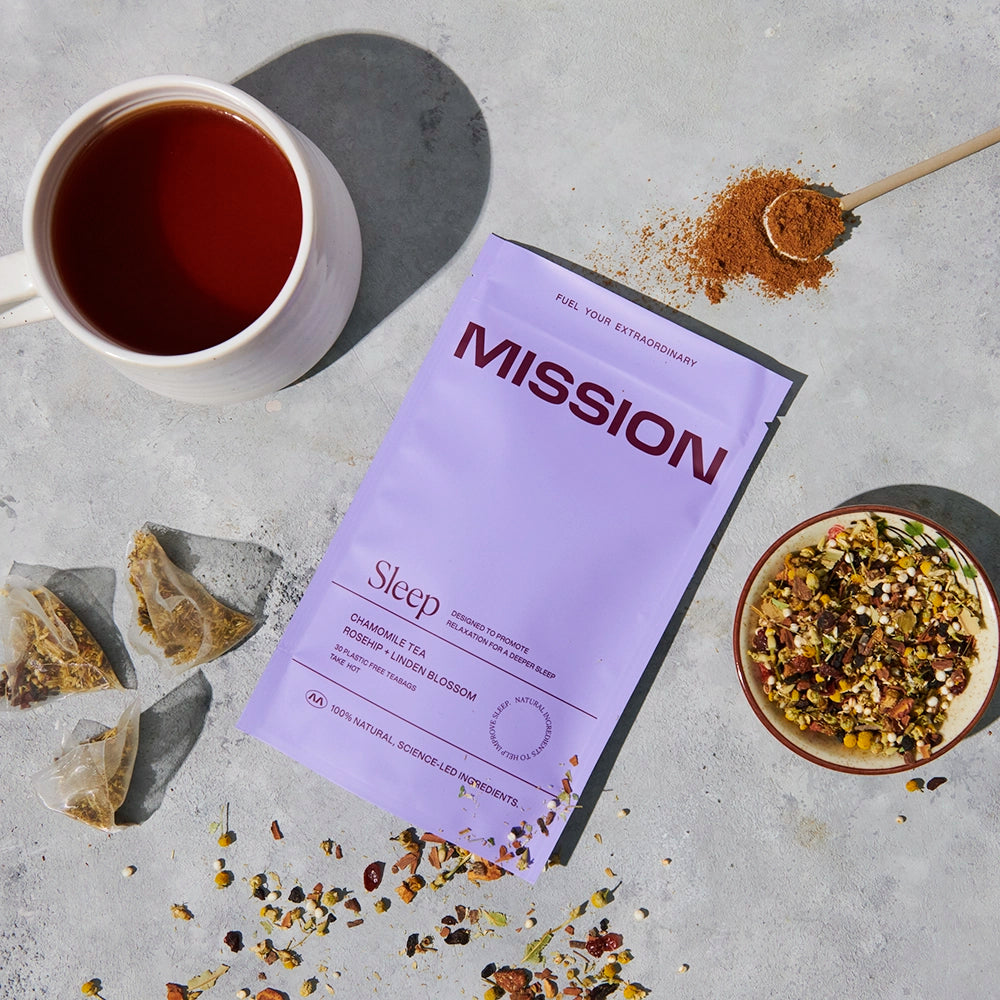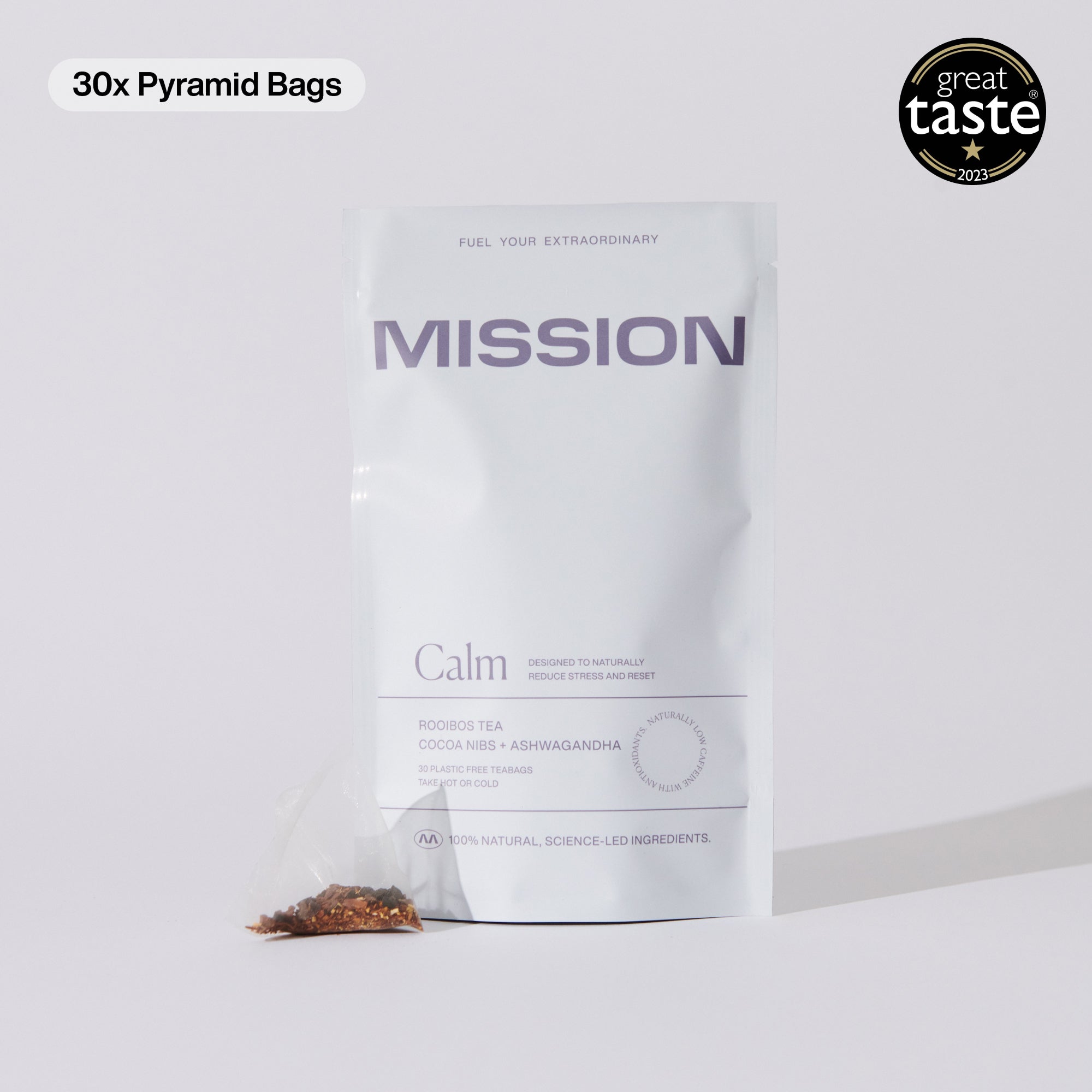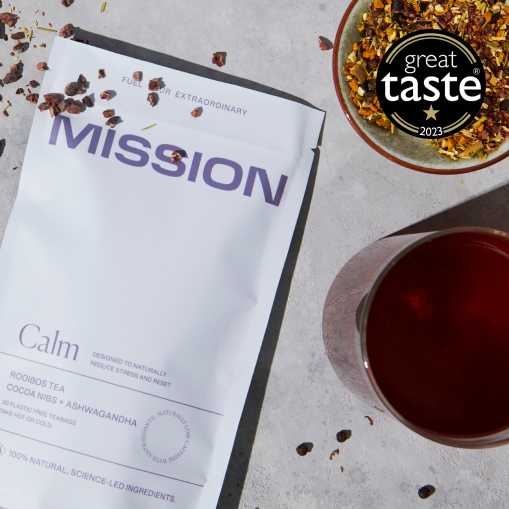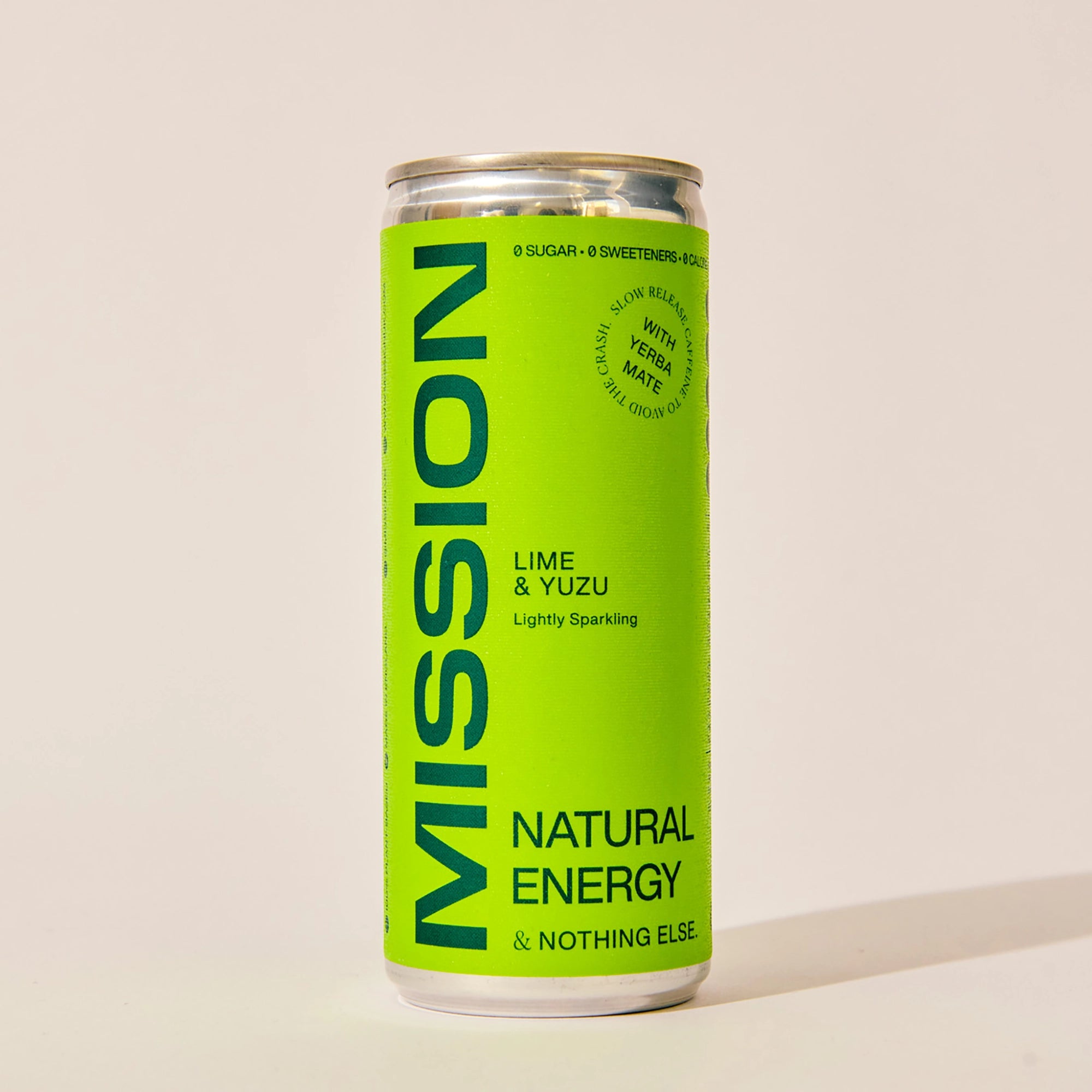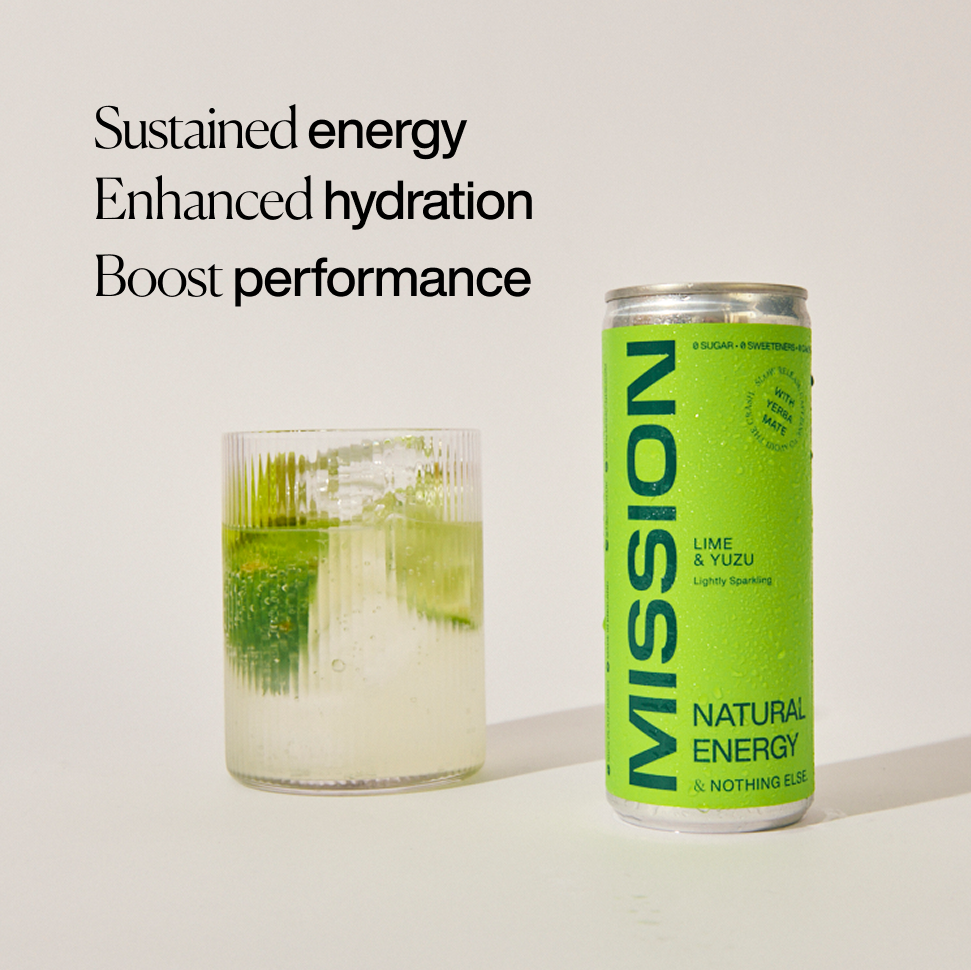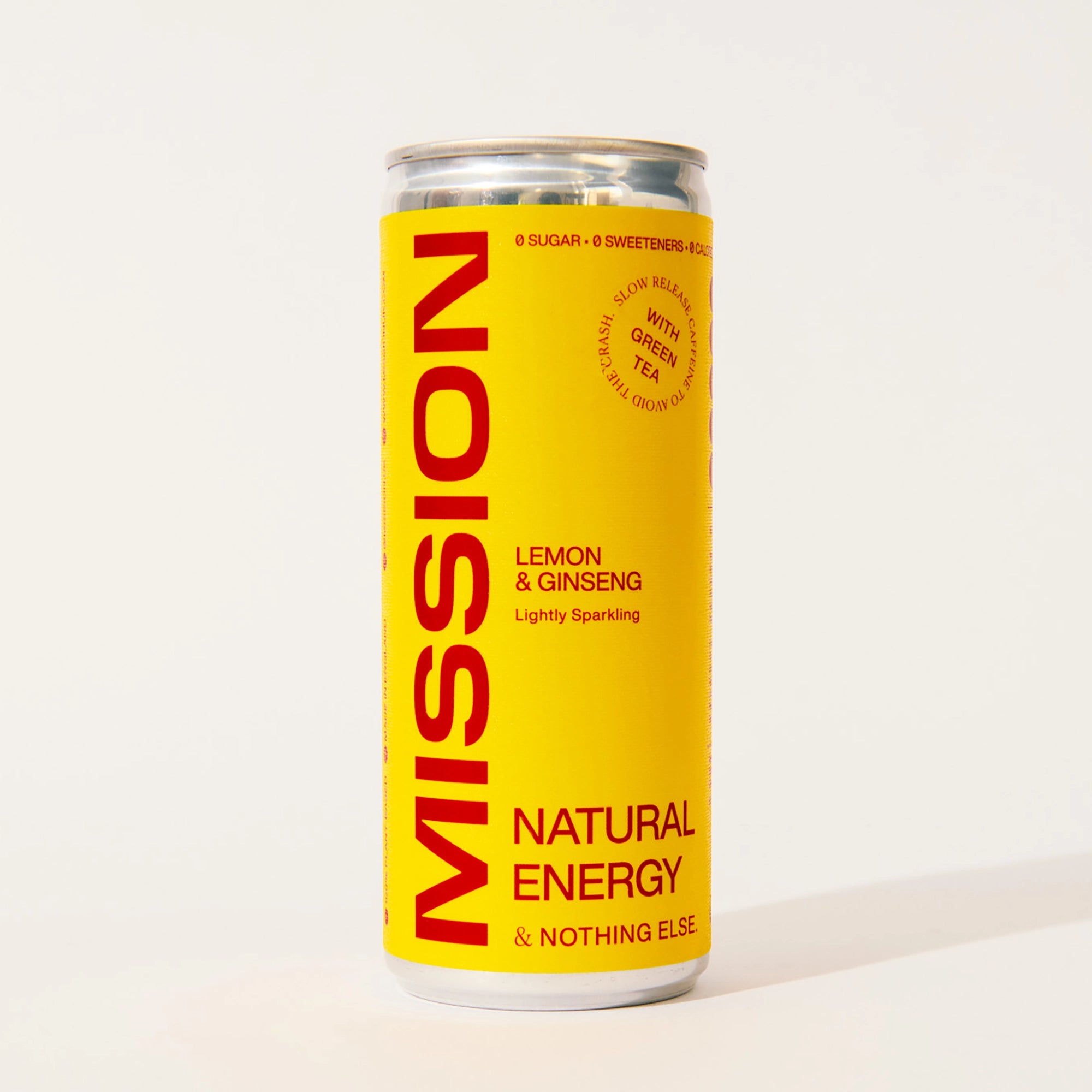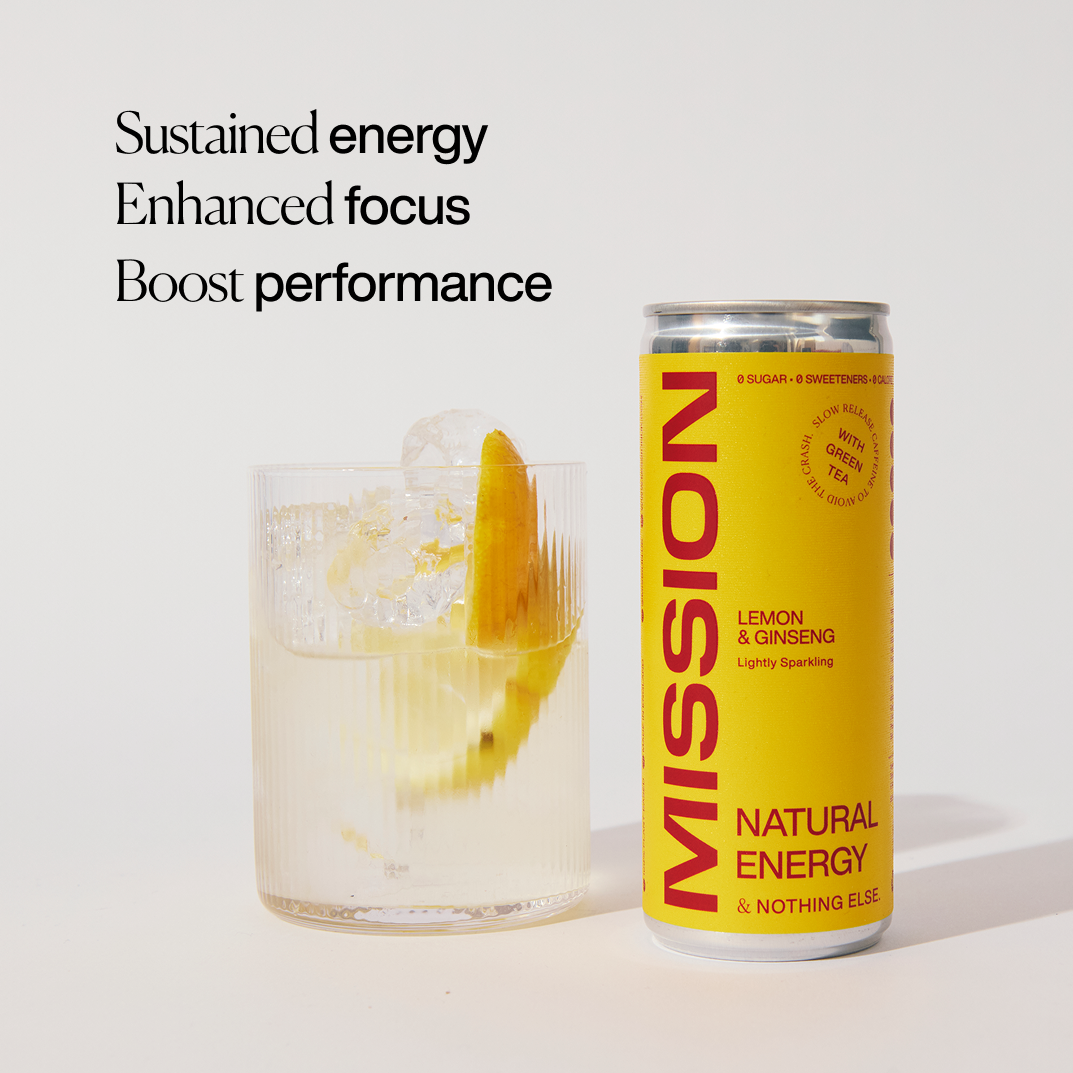What are the benefits of green tea to athletes?
The benefits of Green Tea to athletic performance centre around: 1-3
- Getting new energy into highly-active cells (e.g. muscles)
- Helping to prevent cellular damage post-exercise and hasten recovery.
How does Green Tea Generate New Energy?
The main benefit of Green Tea on athletic performance is improved metabolic flexibility, which helps to generate new energy through:
- Improved fat metabolism (allowing your body to derive more fuel from fat instead of carbohydrates).
- Improved glucose tolerance, insulin secretion and sensitivity (enabling your body to more efficiently process this fuel).
- Increased mitochondrial ATP production (helping your muscle to generate power from this new energy derived from fat).
This occurs through an ingredient called epigallocatechin-3-gallate (EGCG), which gets converted into gallic acid (GA) in the gut. GA has been shown to stimulate a receptor present in metabolically-active tissues (those using large amounts of energy such as muscle tissue) called GPRG6A, which has a number of beneficial effects that have been suggested to enhance athletic and cognitive performance. 1
How Does Green Tea Hasten Recovery?
Green Tea helps to prevent cell damage by reducing harmful inflammation, through inhibiting inflammatory cytokine production (meaning a faster recovery with less muscle damage).
The mechanism behind these benefits has to do with the process of oxidative stress. 1,2 When tissue is working hard, cells generate harmful molecules called reactive oxygen species (ROS) as a by-product, which are then usually mopped up by antioxidants. When the generation of ROS exceeds the physiological capacity of the antioxidant system to render them inert, damage occurs. 2
Tea catechins and polyphenols are known to have significant antioxidant properties, and in one study Green Tea extract given as a supplement over 4-weeks to weight-trained athletes increased blood antioxidant levels and reduced markers of oxidative damage in both acute high-intensity and long-term muscular endurance tests. 2
A follow-up study found that two 250 mg Green Tea extract supplements (each containing 137 mg of EGCG), given twice daily (total Green Tea dose 1g) to individuals undergoing high-intensity sprint training, improved antioxidant levels, attenuated oxidative damage during the recovery period, and preserved the training-induced adaptive response to oxidative stress known to increase antioxidant enzyme gene expression. 2 This is the same amount of green tea you will find in our blends.

Getting The Right Amount of EGCG
Studies have noted that there is a high degree of variability in metabolic response (how efficiently your body uses energy) seen with Green Tea supplementation, and dosage is thought to be a key factor in this by helping to achieve the correct GA to EGCG ratio. 1-3 GA stimulates the receptor GPRG6A while EGCG inhibits it, therefore providing enough EGCG to be converted into GA but not too much that it will inhibit GPRG6A is crucial in order to see the benefits of Green Tea supplementation.
Taking 1-10 servings of MISSION daily has been shown to be within the optimal amount according to studies. 1-3
References:
1. Pi, M. et al. GPCR6A Is a Molecular Target for the Natural Products Gallate and EGCG in Green Tea. Mol. Nutr. Food Res. 62 , 1700770 (2018).
2. Jówko, E., Długołęcka, B., Makaruk, B. & Cieśliński, I. The effect of Green Tea extract supplementation on exercise-induced oxidative stress parameters in male sprinters. Eur. J. Nutr. 54 , 783–791 (2015).
3. Tsai, T.-W. et al. Effect of Green Tea extract supplementation on glycogen replenishment in exercised human skeletal muscle. Br. J. Nutr. 117 , 1343–1350 (2017).





